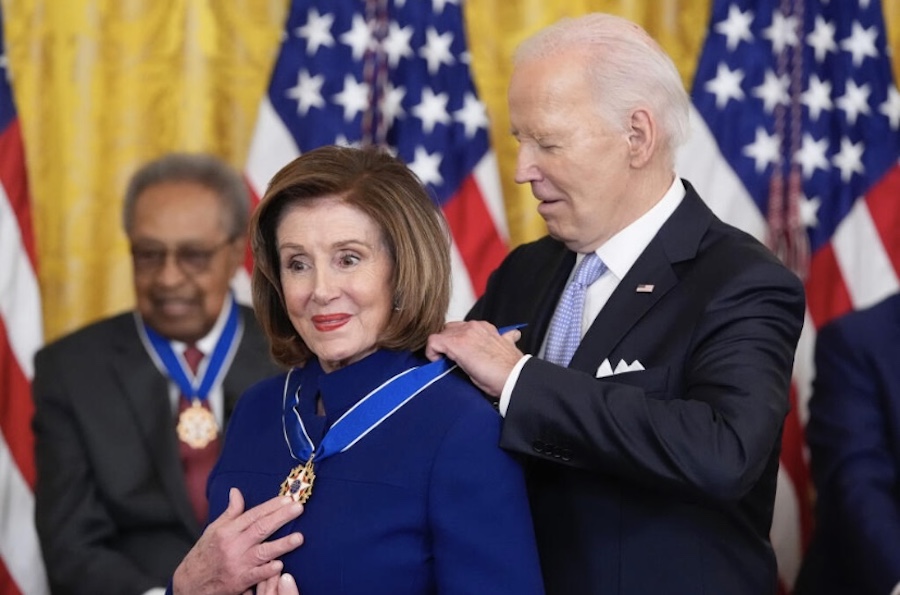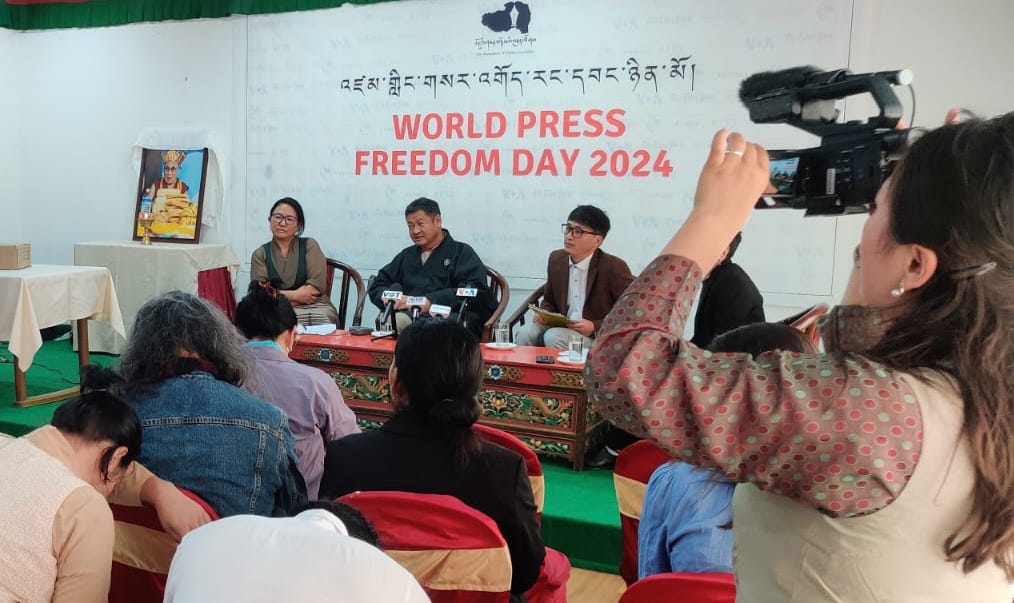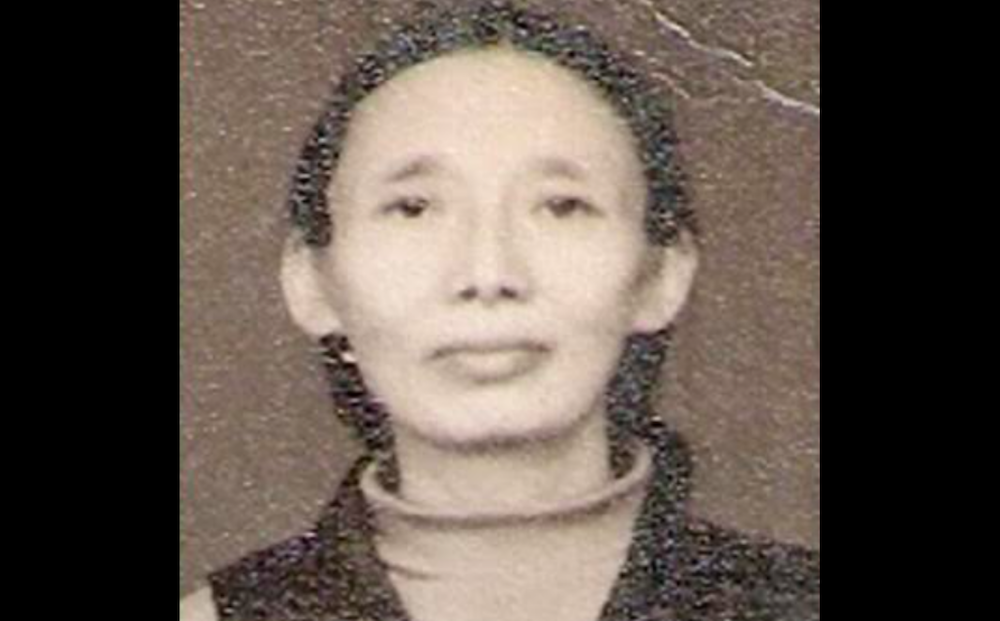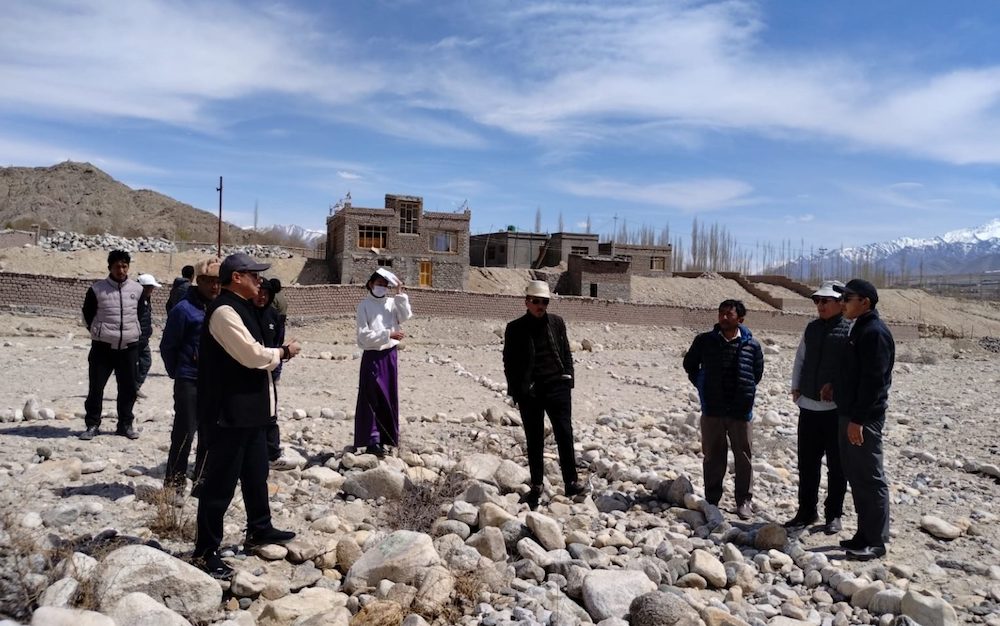 Dharamsala, January 20 – A two-day meeting of the Tibetan Task Force for negotiations started today at the Kashag Secretariat in Gangchen Kyishong, the headquarters of the exile Tibetan government.
Dharamsala, January 20 – A two-day meeting of the Tibetan Task Force for negotiations started today at the Kashag Secretariat in Gangchen Kyishong, the headquarters of the exile Tibetan government.
This is the 20th meeting of the Task Force and third after talks between Dharamsala and Beijing that started in 2002 ended in a deadlock in 2008. The two sides had met at eight round of talks, the last one being in November 2008, days before the exile Tibetans met for a “Special Meeting” to discuss the future of their freedom movement. The meeting was the largest of its kind in 60 years and was called by the exiled Tibetan leader, the Dalai Lama in response to lack of any signs of progress in the dialogue process and the worsening state of affairs within Tibet following widespread anti-China protests that broke out in the region in 2008.
Former Kalon Tashi Wangdi who is currently the representative of His Holiness the Dalai Lama at the Office of Tibet, Brussels, is not attending the current Task Force meeting due to other engagements. Sonam Norbu Dagpo, the representative of His Holiness the Dalai Lama in Australia, and Tsewang Phuntso, Liaison officer for Latin America, are also not attending this meeting.
The Task Force was set up in 1999 to mainly assist the envoys of His Holiness the Dalai Lama in their talks with the representatives of the Chinese government. The members of the unit last met here in June 2009.
Talks between Dalai Lama’s envoys and Beijing came to a standstill after a “Memorandum on Genuine Autonomy for the Tibetan People” submitted by the Tibetan side at the eighth round of talks met with Beijing’s derision with the Chinese side calling it a demand for ‘half-independence’ and ‘disguised independence’ or ‘covert independence’.”
Tibetan side, however, maintains that the articles of the proposed memorandum were prepared in accordance with the provisions of the Constitution of the PRC and its laws on National Regional Autonomy, and claims China has rejected the proposal without providing any “legal and rational explanations”.
“China says that doors for talks are open but they are not ready to discuss our memorandum which is in compliance with the regional ethnic autonomy law of the Chinese constitution,” Sonam Norbu Dagpo, a member of the Task Force who accompanied the Tibetan envoys for talks with China, told Phayul.com at the end of the 18th task force meeting in New Delhi.
Following the eighth round of talks, the Tibetan Prime Minister Prof Samdhong Rinpoche, who also heads the Task Force, said at a public gathering in 2008 that the “Tibetan side had already made all the required clarifications and brought a process of dialogue that began in September 2002 to its logical conclusion.”









